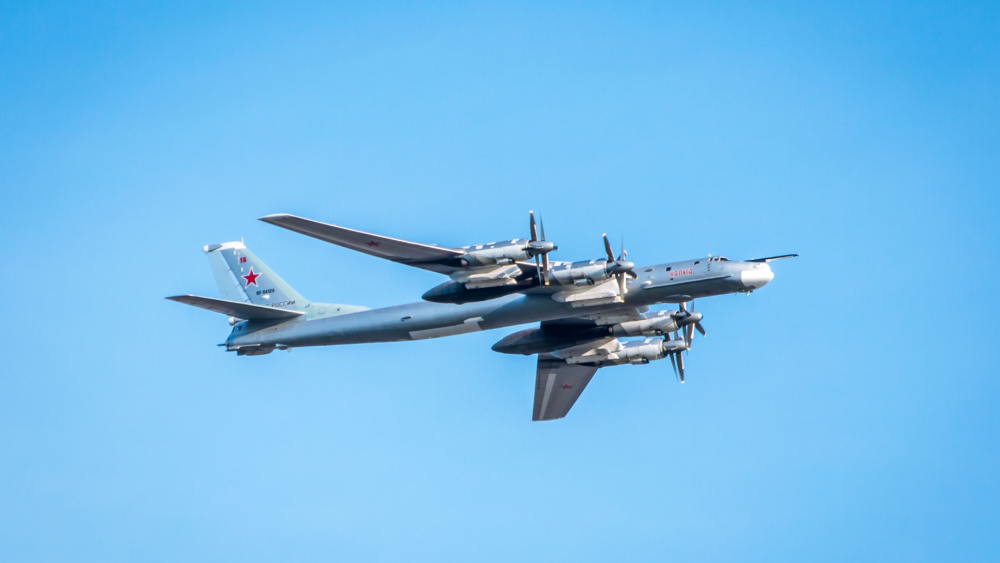The North American Aerospace Defense Command said in a statement that the U.S. Air Force dispatched two F-16 fighter jets to intercept a pair of Russian bombers that flew close to Alaska on Monday. The two Russian Tu-95 Bear-H bombers did not enter American or Canadian sovereign airspace, however, NORAD said that it “detected, tracked, positively identified and intercepted” the aircraft as they were “entering and operating within the Alaskan Air Defense Identification Zone.” NORAD, a combined air defense organization of the United States and Canada, said the Russian activity was “not seen as a threat nor is the activity seen as provocative.” According to the Federal Aviation Administration, Air Defense Identification Zones are areas of airspace that require all aircraft to be identified, located and have their flight plan controlled “in the interest of national security.”
Tensions between the United States and Russian are high since Russia invaded Ukraine, which the U.S. has supported with humanitarian and military aid while slamming Moscow with economic sanctions. Russians escaping the partial draft have arrived on the shores of Alaska on at least one boat, and Russian officials have also made veiled threats toward the state. Vyacheslav Volodin, the chairman of the state Duma, said that the U.S. should remember that Alaska was once part of Russia and that it could be forced “to give back” territory. He noted that his deputy, Pyotr Tolstoy, had previously proposed holding a referendum in Alaska.
NORAD emphasized in a statement the numerous protections it maintained for Alaska and the U.S., which include “a layered defense network of satellites, ground-based radars, airborne radar and fighter aircraft to track and identify aircraft and inform appropriate actions … We remain ready to employ a number of response options in defense of North America and Arctic sovereignty.”
Editorial credit: Almaz Mustafin / Shutterstock.com





